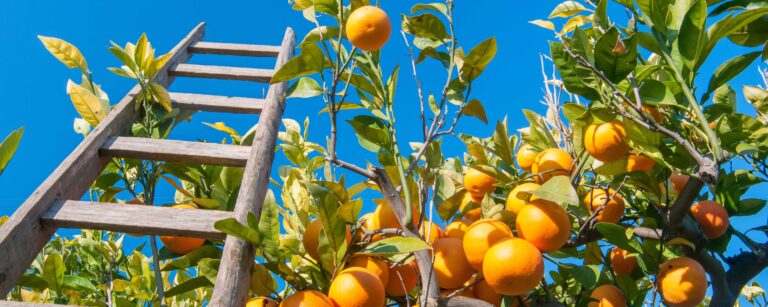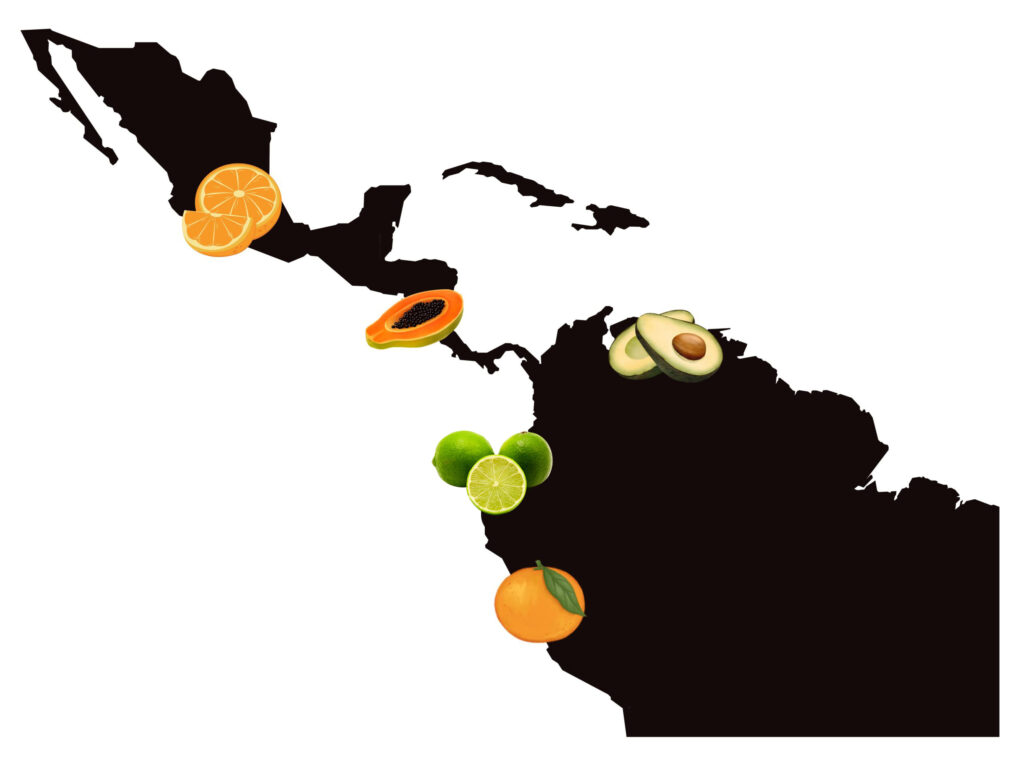In an increasingly populated and resource-constrained world, sustainable development in agriculture has become crucial to ensuring food security and self-sufficiency for farming communities. This approach desires to implement productive practices that maximize crop yields, while minimizing negative impact on the environment.
One of the main advantages of sustainable development in agriculture is the adoption of farming techniques that increase food production. This is achieved through the introduction of more resilient crop varieties better adapted to local conditions, efficient water use and the implementation of good agricultural practices. By providing farming communities with the necessary knowledge and tools, It promotes food security and reduces dependence on imports.
Promotes the conservation of natural resources and care for the environment
Sustainable development in agriculture also has as its main objective the conservation of natural resources and the care of the environment. The adoption of ecosystem-friendly agricultural practices allows reducing the use of agrochemicals and fertilizers, avoiding contamination of soils and water sources. In addition, the conservation of biodiversity and the protection of natural ecosystems are promoted.
By implementing integrated pest and disease management systems, the need for using harmful chemicals to the environment is reduced. This also promotes the use of soil conservation techniques such as crop rotation and proper agricultural waste management. This way, long-term soil fertility is maintained, and erosion and land degradation are prevented.
Drive Sustainable Economic Growth in the Agricultural Sector
Sustainable development in agriculture not only benefits the environment and agricultural communities, but it also drives sustainable economic growth within the sector. Implementing sustainable agricultural practices allows for increased crop productivity, which in turn generates higher incomes for farmers and agricultural businesses.
Furthermore, the development of sustainable value chains and the promotion of organic and fair-trade agricultural products open market opportunities for farmers. As increasingly conscious consumers seek responsibly produced foods and are willing to pay a fair price for them, economic growth in the agricultural sector is stimulated sustainably.
Sustainable development in agriculture raises the quality of life and well-being of farmers and their families.
Sustainable development in agriculture also takes to raise the quality of life and well-being of farmers and their families. By adopting agricultural practices that promote health and occupational safety, risks associated with exposure to agrochemicals are reduced, and occupational diseases are prevented.
Furthermore, sustainable development in agriculture fosters gender equality and social inclusion, ensuring that all persons involved in the agricultural production have equal opportunities and rights. Active participation of women in the agricultural sector is promoted, and the protection of agricultural workers’ rights, such as access to fair payoffs and just working conditions, is guaranteed.
In conclusion, sustainable development in agriculture and communities offers numerous benefits beyond food production. It promotes food security and self-sufficiency, conserves natural resources and the environment, drives sustainable economic growth, and improves the quality of life for farmers and their families.
At MARABELLA PRODUCE, we take huge pride in having established a harvest, packaging, sales, and distribution system with farmers across Mexico, Central America, and Latin America. Each day, we promote sustainable development in agriculture and agricultural communities. That’s why we offer a wide variety of products, including pineapples, watermelons, tomatoes, peppers, lemons, mangoes, avocados, and more. We would be pleased to fulfill your orders. We are at your esteemed service!
GOAL Sustainable development in agriculture and communities brings forth a multitude of significant advantages that extend beyond food production.







